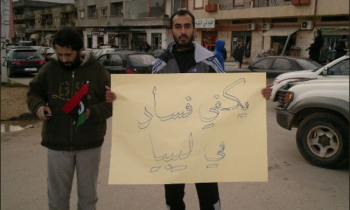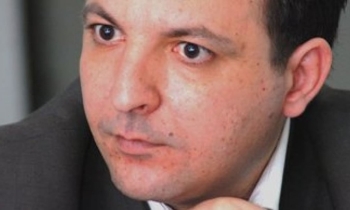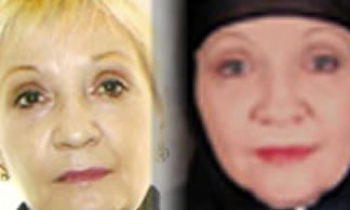The International Federation of Journalists, the global organisation representing more than 500,000 journalists in over 110 countries, today welcomed the announcement of a unilateral three month cease-fire by the Maoist insurgency in Nepal.
"This is a very positive sign that Nepal can reach a peaceful resolution to a situation that has seen journalists aggressively targeted and attacked by both sides," said the IFJ President Christopher Warren.
"The IFJ calls on Maoist forces to make certain that the cease-fire will extend to include journalists and truly embrace democratic values," said the IFJ President Christopher Warren.
"Journalists’ rights and safety should be respected to help promote a peaceful return to a robust, accountable and transparent democracy in Nepal," said the IFJ President.
"Now more than ever, it is important for journalists to be able to report independently without fearing for their safety. Maoist forces must show their commitment to peace and democracy is more than just words," said Warren.
Maoist leader, Prachanda, announced the cease-fire on September 3, saying the Maoist party realised Nepalis’ desire for peace and a democratic republic movement.
The announcement comes less than a week after the Global Day of Action for Press Freedom in Nepal on August 30, which drew international support for the restoration of journalists’ rights in Nepal.
Nepalese journalists have been regularly subject to arbitrary arrests, beatings, torture and intimidation by both Maoist and government forces.
Last month, Maoist forces banned the sale, distribution, and reporting of Blast Times Daily, a popular daily newspaper in eastern Nepal. The insurgents claimed the newspaper was carrying out a campaign to malign to its name.
Hom Dhakal, member of the FNJ Ilam branch, was abducted on August 8 by Maoist rebels who alleged that he defied a ban called by them. Dhakal has since been released.
Maoist rebels also threatened to harm journalist Tekendra Dhakal, editor of the Jhapa-based Jhulkemaan Weekly. The rebels allegedly posted notices in public places on August 12, labeling Dhakal a government informant and issuing death threats.









